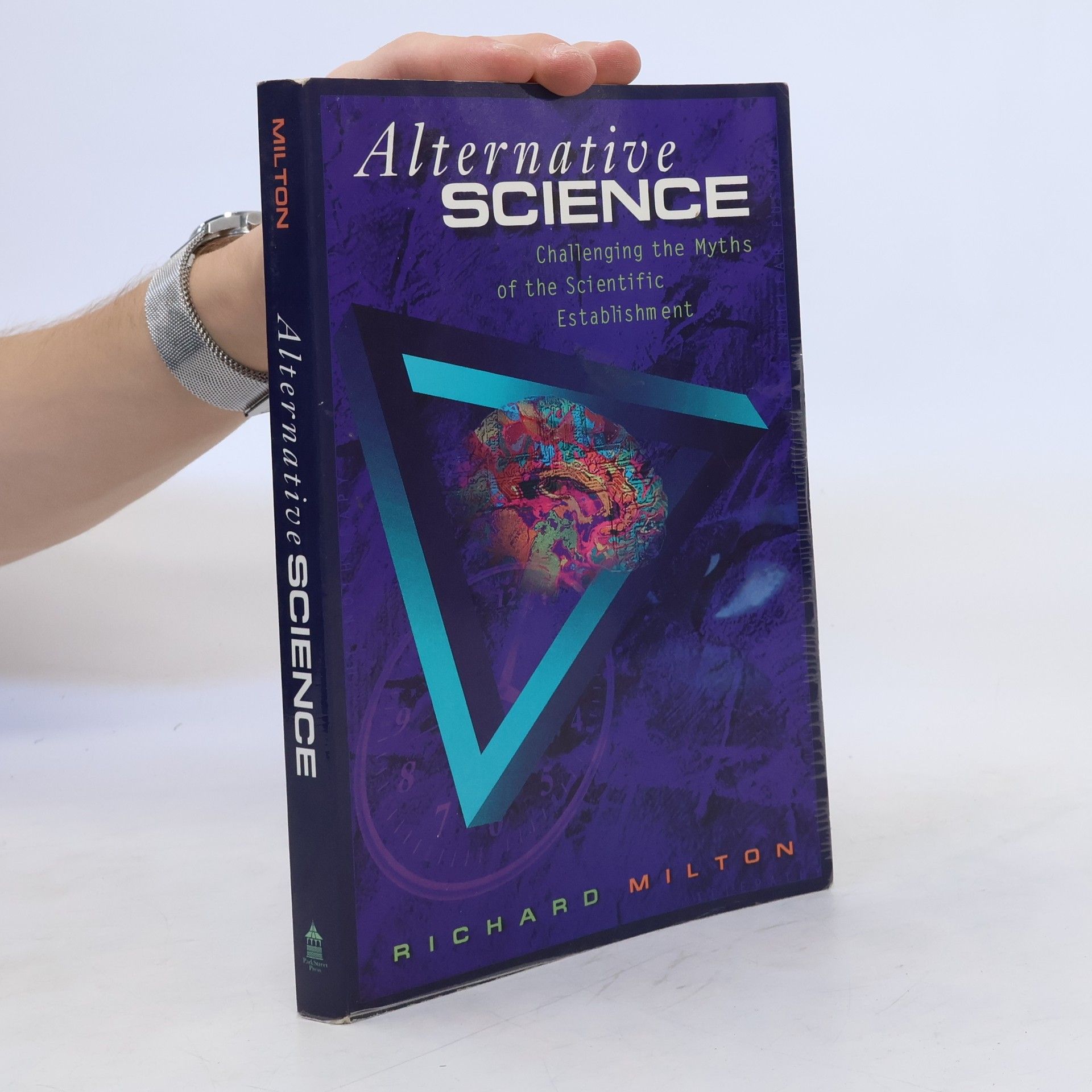Alternative Science: Challenging the Myths of the Scientific Establishment
- 272pages
- 10 heures de lecture
Exploring the scientific frontier, this book argues that today's alternative science may evolve into the hard science of tomorrow. It presents compelling evidence and insights that challenge conventional scientific paradigms, suggesting a transformative shift in understanding our world. The narrative emphasizes the importance of open-mindedness and innovation in scientific inquiry, encouraging readers to consider the potential of unconventional ideas to reshape future discoveries.



